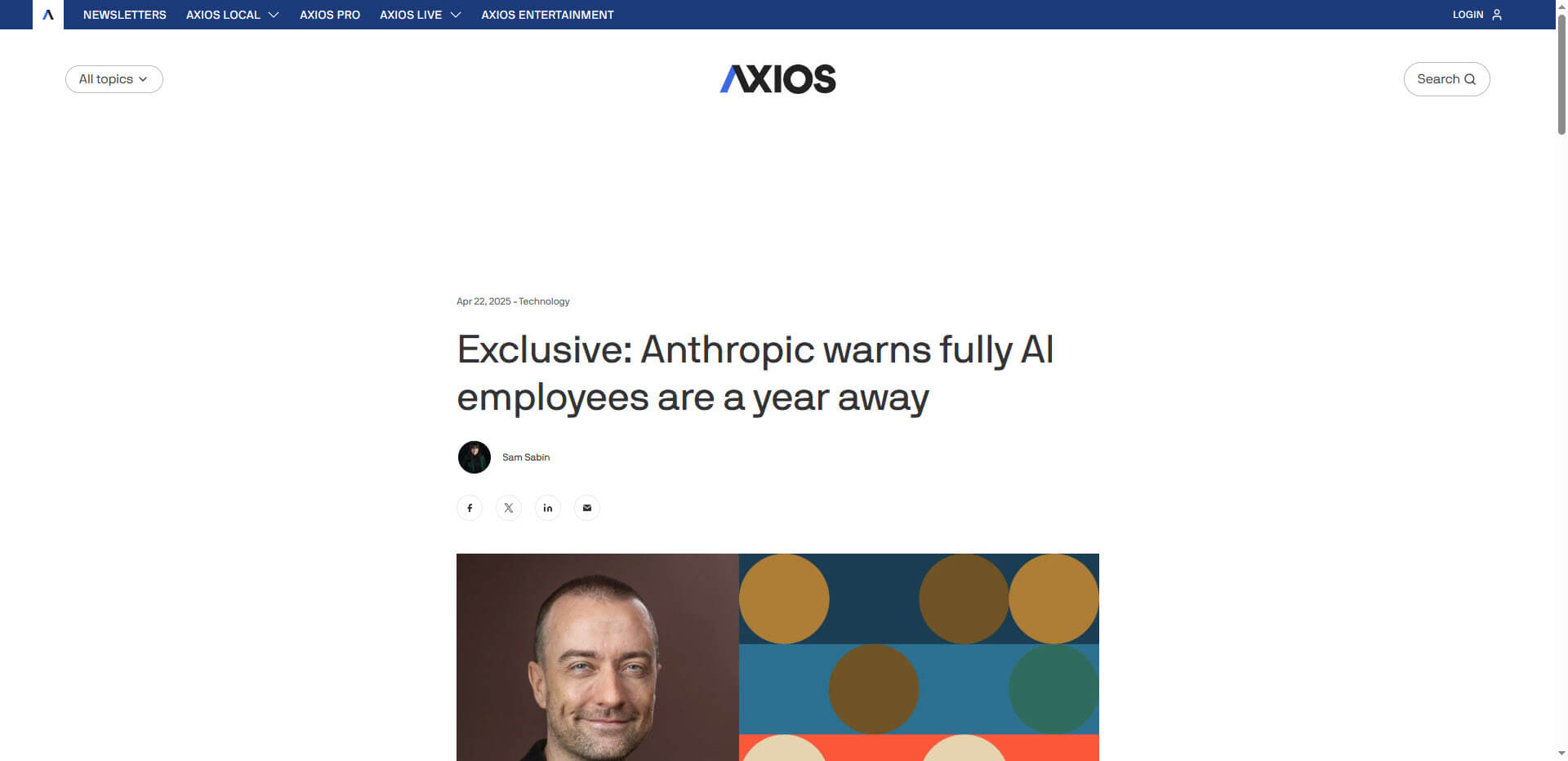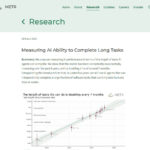AI systems with their own user accounts and access rights will be working in company networks by 2025. This alarming prediction comes from Jason Clinton, Head of Security at the AI company Anthropic. The so-called “virtual employees” would have independent memories and be able to carry out complete work processes autonomously.
This new generation of AI agents differs fundamentally from today’s systems, which are limited to narrowly defined tasks. Future virtual workers could independently debug code, merge changes into repositories and deploy updates – all with their own credentials. According to Anthropic’s internal studies, 37.2% of current AI usage already comes from mathematical and computer-based fields, particularly software development.
Security risks from AI employees
The integration of virtual employees exacerbates the already critical situation of non-human identities (NHIs). Service accounts and APIs already outnumber human users in corporate networks by a ratio of 46:1, and existing security frameworks are not designed for autonomous agents that could potentially escalate permissions unpredictably.
The issue of accountability is another problem. As Clinton points out, “In the old system, hacking a CI system was a criminal offense. But who bears responsibility if an AI agent does this after weeks of autonomous activity?” This ambiguity could expose organizations to regulatory penalties, especially in highly regulated industries such as healthcare (HIPAA) and finance (SOX).
Summary
- AI-powered virtual workforce with dedicated network access expected by 2025, according to Anthropic’s security leader
- Current AI usage data shows 57% of applications target augmentation, while 43% involve full automation
- Non-human identities already outnumber human users in enterprise networks by a ratio of 46:1
- New security approaches are needed, especially model resilience against adversarial attacks and special monitoring tools for AI behavior
- Certifications such as Certified AI Security Engineer (CAISE) are gaining importance, with salaries of up to 160,000 dollars
Source: Axios







